For the longest time, medicine was really just an accumulation of things that we discovered over the years, but it really accelerated once it became an evidence-based field. It will accelerate even further the more it integrates a deeper theoretical understanding of how the body works and how it evolved, for example.
A theory of everyone
Professor of Economic Psychology
- The scientific method makes cultural evolution far more efficient by replacing wasteful trial and error with theory building and evidence tests.
- Climate change can be tackled through clean growth and energy abundance using a systems view. Near-term priorities include repair and adaptation.
- In order to tackle something as big as climate change or an energy transition, we need to think about how the whole system wires up together.
- Misinformation and disinformation aren't about information; they are about trust. Misinformation is reduced when trust is restored in institutions and in scientists who speak openly and keep politics out of findings.
The scientific method
Evolution can be very inefficient. It is about diversity or variation, transmission and selection, and many approaches are failed approaches. Evolution can be made more efficient. Cultural evolution can be made more efficient in a variety of ways: sharing ideas and building up frameworks. The scientific method is a very, very efficient way of doing what humans have always done. When we talk about small-scale societies possessing a kind of scientific method, it's true in the sense that there are, for example, pregnancy taboos found around the world that are highly attuned to teratogens, things that can harm a baby. That has been a wasteful process by which women have eaten things that had toxins in them and eaten things that didn't have toxins in them that are sometimes perfectly fine if you're not pregnant but are very harmful to a baby if you are pregnant. Over time they have learned the taboos, things to avoid and things you should be eating when you're pregnant. It's a very wasteful process. The scientific method is a much more efficient version of that, where we have a clear building up of theories, we have hypothesis testing. We have clear guidelines for what constitutes the best evidence and a way to accumulate knowledge over time.
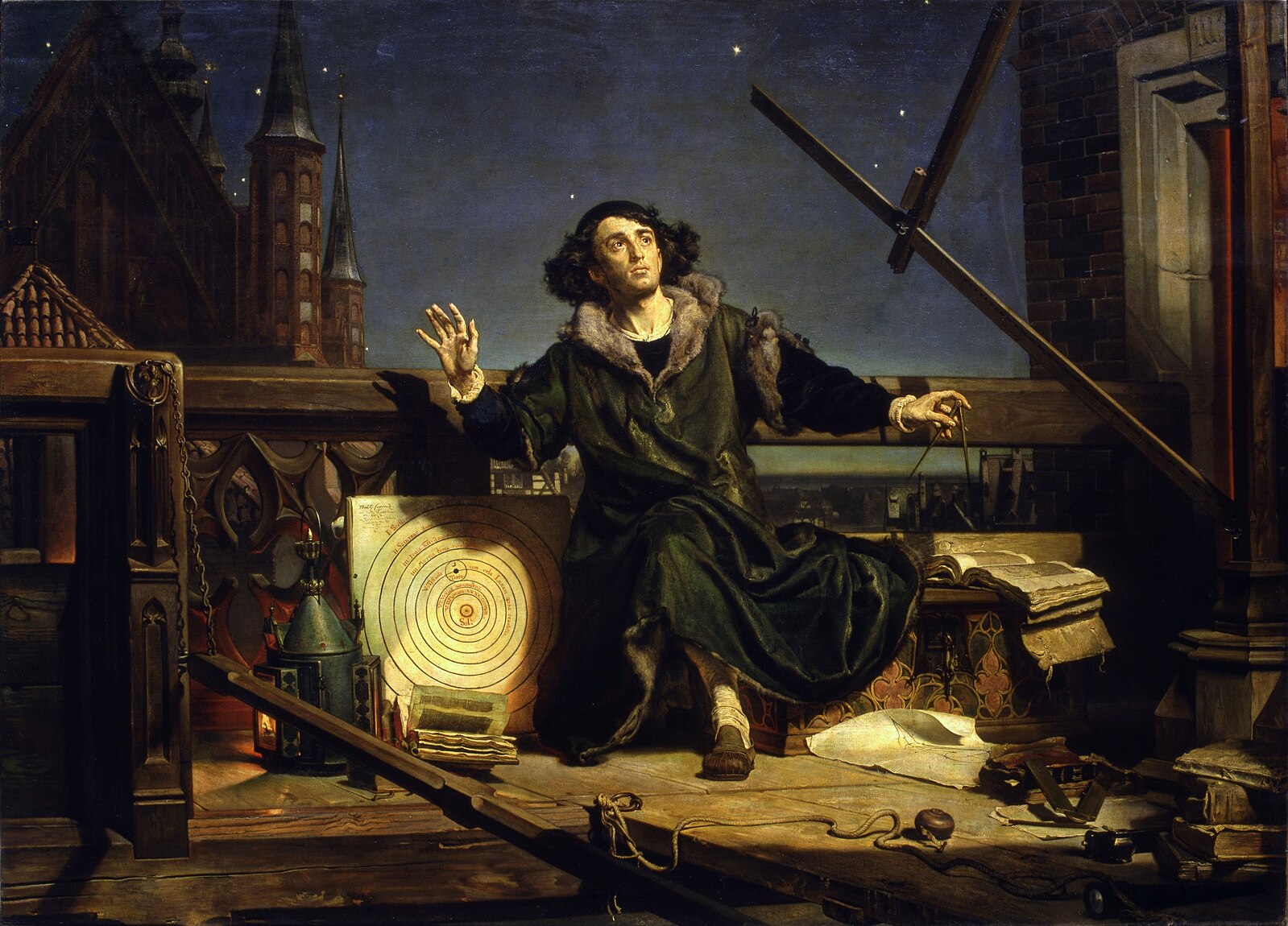
Astronomer Copernicus © Jan Matejko, Jagiellonian University Museum via Wikimedia
Learning from global policies
The biggest problems that we face are a little bit like that. We are trying all kinds of things that people are just coming up with, often isolated. There is not enough plagiarism of policies, not enough learning of policies around the world so that we don't make the same mistakes in different places. We can discover something that works in Taiwan and bring it over to the United Kingdom. We can discover something that works in Estonia and bring it over to New Zealand. How do we do that? How do we share knowledge in a way that is efficient?
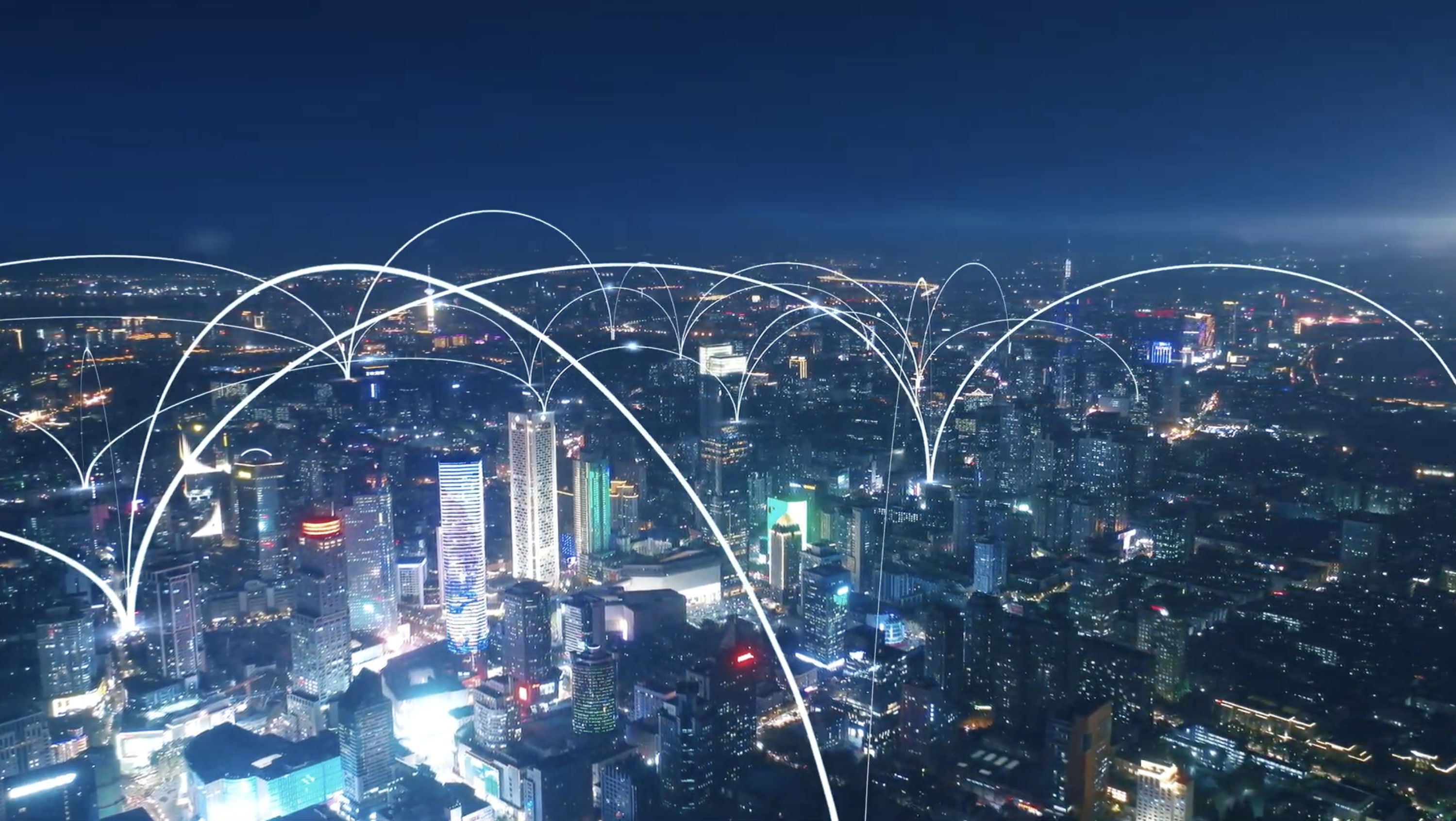
© MyCreative via Shutterstock
How we create a cultural evolutionary process that's more efficient, is absolutely essential to tackling the problems that we face around the world. As I often say, we didn't actually design anything. What we see are the end products of people trying all kinds of different designs, and the successful ones continue on. We talk about the Magna Carta; we don't talk about all the failed versions of the Magna Carta that preceded it. We talk about the US Constitution; we don't talk about the Brazilian version or other constitutions. Why? Because they worked.
Designing adaptive systems
While we can't design systems very well, when we face new problems, we can create efficiently-evolving systems. An example of this is the “fail locally, learn globally” strategy. We see this across many successful countries and many successful companies.
Take the United States, for example. Justice Brandeis once described every state as a laboratory. Every state is trying different things rather than having everything completely centralized and decided by the federal government. Let's take something like non-compete agreements. Should we have non-compete agreements or not? On the one hand, companies need to protect their IP. On the other hand, you want a system where ideas can flow freely. Which one is correct? Impossible to know in advance. Now, there's an obscure 19th-century law that prevents anyone from interfering in a person's right to accept a job in California, and as a result of that, non-compete agreements were unenforceable. Now, this was a massive boon for the tech sector.
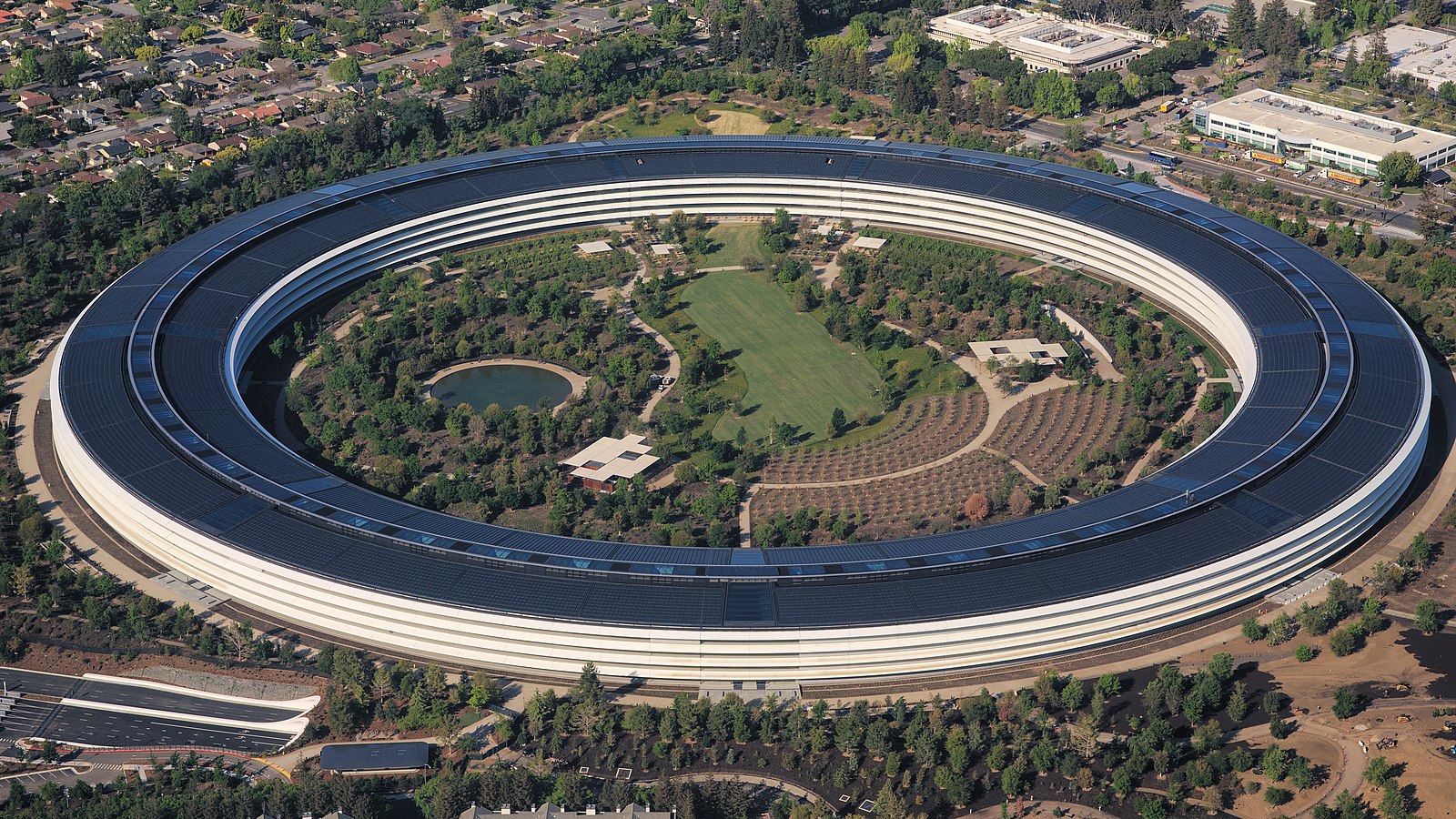
© Daniel L. Lu via Wikimedia
Did the benefits of sharing outweigh the need for companies to protect their IP? Hard to know, but over time, because it worked so well for the tech sector, other states began to copy it. Eventually, in April 2024, it became federal law. It took a very long time, from the 19th century to 2024, to become federal law. That is an accidental application of something that we know works. If it had not worked, it would have just failed for California, as many laws do across the United States.
Failing locally, learning globally
When Satya Nadella took over Microsoft, what he found was a monolith where different organizations were in competition with one another and weren't there to help each other. What he said was, I want to create an ecosystem of startups. I want each of these organizations to effectively learn to fail locally so that Microsoft itself can grow. It created cooperative alignment across the company. Overly centralized countries have a harder time innovating, so they have an easier time in applying solutions. This is just one little example of the way in which, if we really want to take seriously the challenges we face around the breakdown of our societies – socially, the weakening of our social welfare systems, the lack of trust that we have in our governments and in one another, the weakening of liberal democracy around the world, the concerns around climate change – we need technological solutions, but we also need a deeper understanding of human psychology, behavior and social change. We really need a theory of everyone.
A theory of everyone
One of the things that a scientific approach and a proper theory of everyone provides is the ability to pinpoint mistakes. You see this across the sciences. Before the periodic table, before Mendeleev and Lavoisier and so on, we had created gunpowder. We did some chemistry that really worked and made things go bang, but we were also trying to turn lead into gold. Newton – brilliant guy – was trying to turn lead into gold.
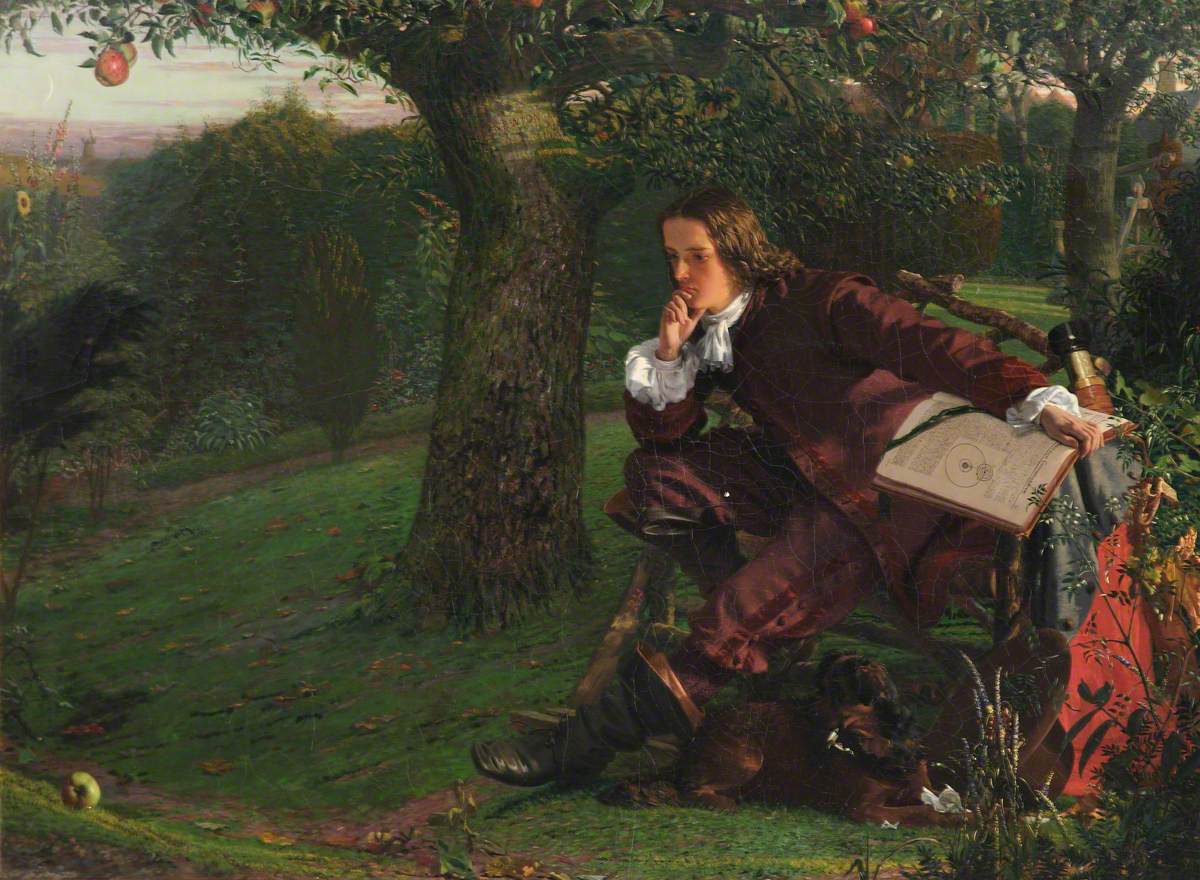
Isaac Newton © Robert Hannah, The Royal Institution via Wikimedia
Why? It wasn’t because he was stupid, but because he didn't understand that the world was made up of discrete elements that fit together in a periodic table, that recombined and separated and so on in very specific ways. Now, once we had the periodic table, we could move away from the world of alchemy into the world of chemistry. What I would argue is that today a lot of the human and social sciences are really in the world of alchemy, even though we have the beginnings of the periodic table. We have a kind of theory of human behavior, theory of everyone, theory of cultural evolution and so on that enables us to do things, and it points to things that look like alchemy, things that are almost certainly going to go wrong.
Addressing climate change
Climate change is a very serious issue and an instinctual solution to it is to try to cut back. If you decide, I'm not going to have children, you're going to be replaced by those who have children. If you aim for strategies like degrowth, you are creating the zero-sum conditions that lead to a fracturing and breaking down of society. The alternative to this, that the theories might suggest, is that clean growth, growth that is less harmful to the planet, gives us options. It is often the countries that are wealthiest that don't need to cut down the rainforests to produce more food for its people and who can invest in conservation because they're wealthier; they have options, they have energy abundance. Energy abundance, for example, is critical to this whole process. One of the great missteps of Germany, and one of the great successes, I think, of France, was the investment in nuclear technology. We can see the after-effects of Germany shutting down its nuclear technology with sky-high energy prices and a reliance on Russian oil and gas. It made itself vulnerable. Energy abundance gives you options.
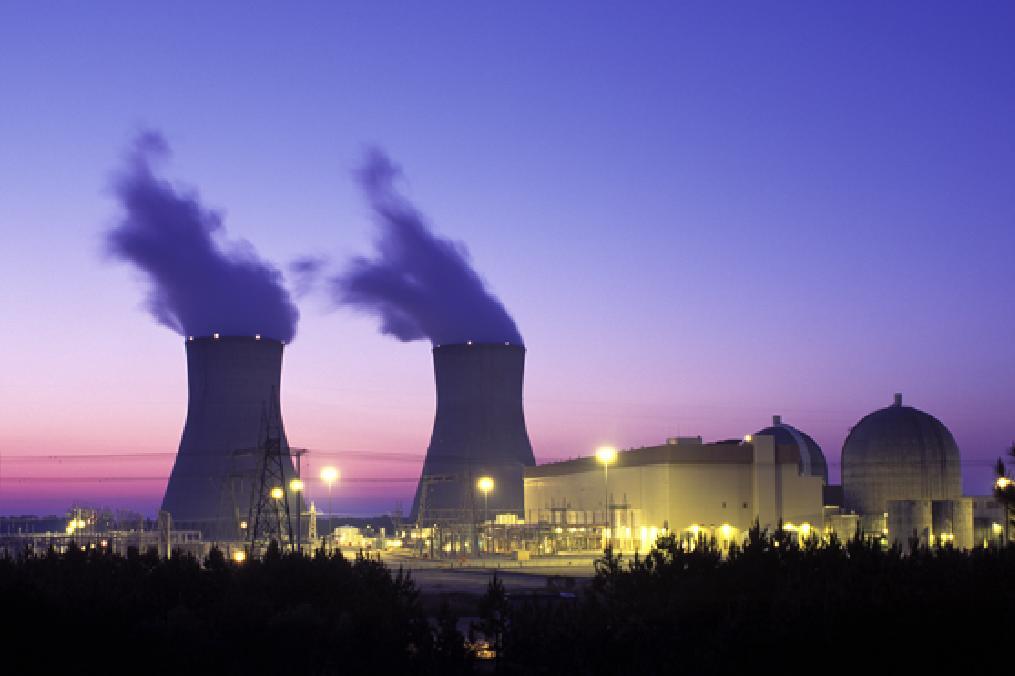
© NRC via Wikimedia
The stillborn nuclear age is one of the reasons that we are in the climate crisis that we're in today, rather than being able to transition to a more electrified grid, far more efficient, and generate electricity through nuclear and eventually through solar, where it's available to us. In terms of climate change, I would say at the moment the attention really needs to be on repairing the damage that we've done and adapting to the damage that is about to arrive. That means figuring out ways to deal with mass migration, finding ways to govern ourselves under more diverse conditions and reducing the threat of large conflict. One of the predictions of the science is that the world is safer and violence has declined, but the reason that has happened is because we have been cooperating in larger groups, and that means that within those groups, your probability of coming into conflict has reduced. We have organisations like NATO, for example, that are not going to go to war with one another, but that also means that the potential scale of a coming conflict is going to be much, much larger. The world is more peaceful today, but it's also more dangerous.
A systems-level perspective
In order to tackle something as big as climate change or an energy transition, we need a systems-level perspective. It's not enough to think about a particular technology by itself. It's not enough to even just think about power generation. We need to think about transmission, for example. We need to think about how the whole system wires up together. In part that means evaluating technologies and potential energy technologies in terms of their energy return on investment, their availability and how they fit into the system.
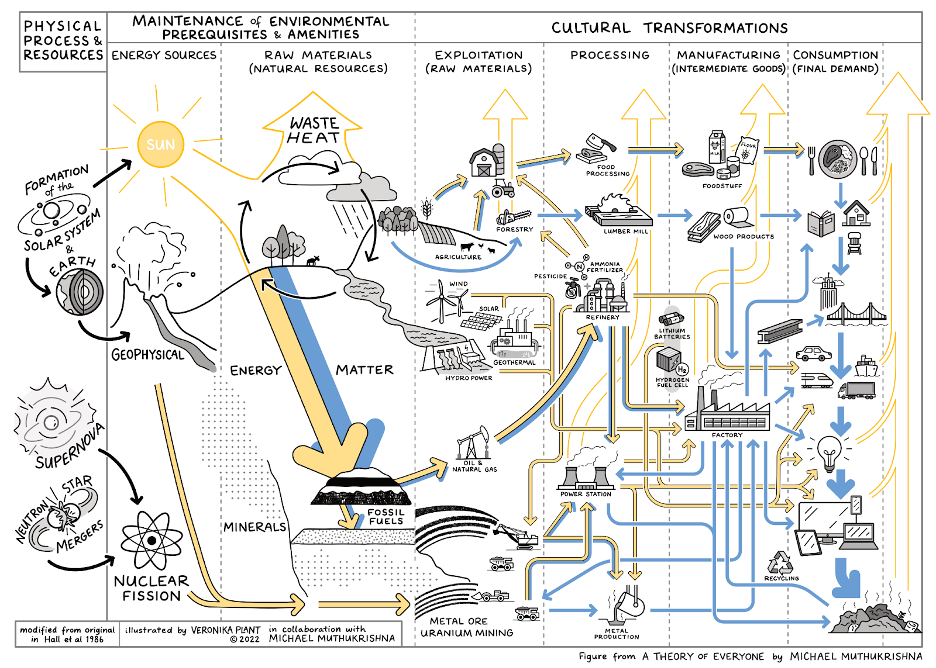
© Michael Muthukrishna
Take something like solar. It's going to be fantastic the closer you are to the equator. In places like Britain, solar is unlikely to be the solution. We don't have the land, and we don't have the sunlight. Nuclear is going to be a far better option for the UK and Europe. Thinking about this at a systems level, thinking about what is actually available to us, will enable us to make the necessary transition and give us the options that we need to help clean up the planet – and invest in the things that don't create a bigger mess for our children.
Misinformation and trust
Misinformation isn't about information. We have such a narrow sliver of the world that we don't have the skills to evaluate information outside of our own narrow expertise. Even as scientists, we understand, we trust the scientific process. We trust particular institutions or particular scientists, and we know our sliver of the scientific world. Anything outside of that, we have to do it on the basis of trust. Misinformation and disinformation aren't about information; they are about trust.
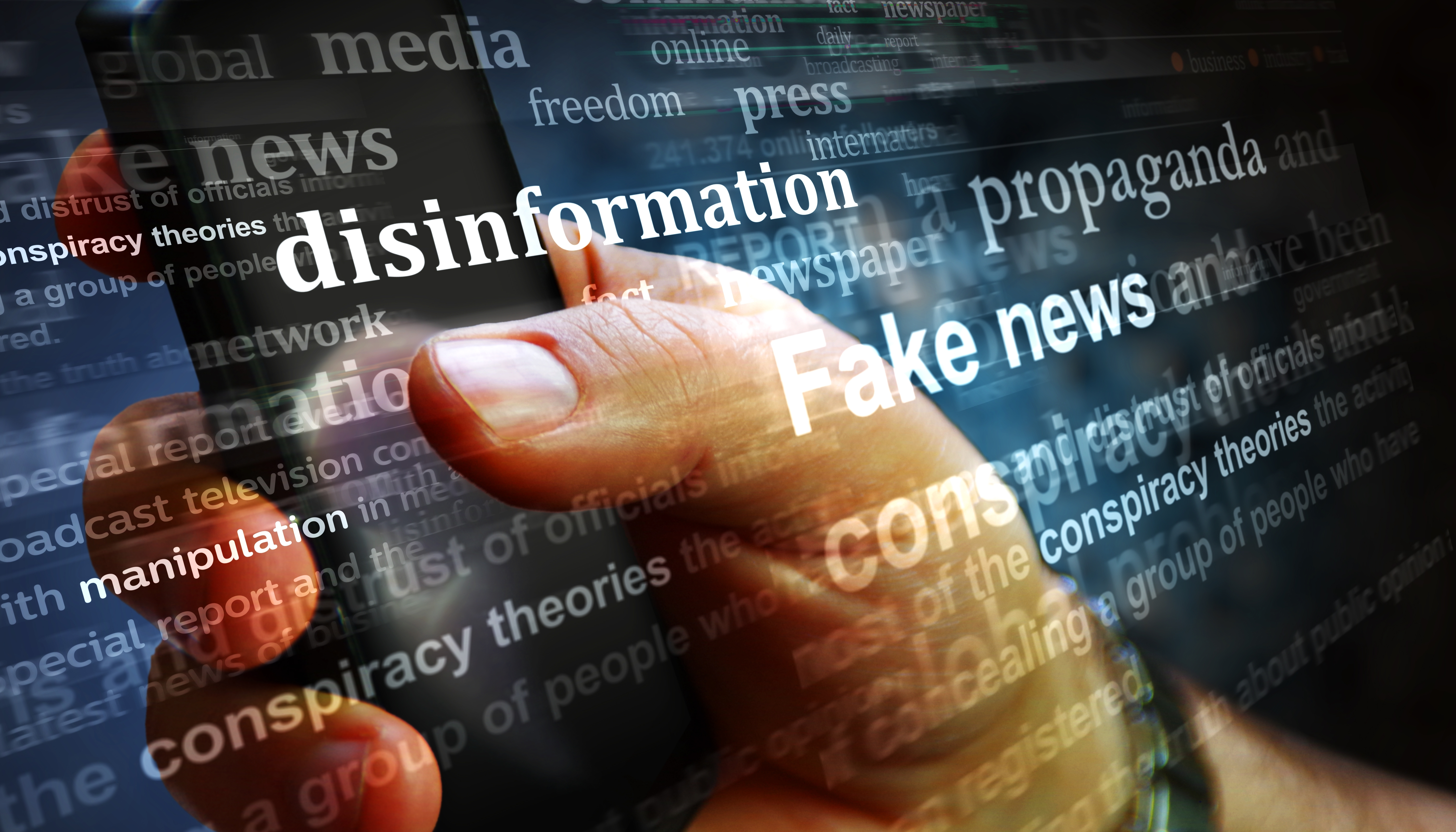
© Skorzewiak via Shutterstock
Most of the things that we think we understand about the world are on the basis of trust. We believe that it is germs that make us sick and not spirits. I'm not saying it's not germs that make us sick. I have every reason to believe that it is, but I also have every reason to believe that most people accept that on the basis of trust in the scientific community. We see the people around us washing their hands and behaving in ways that there are these invisible animals, that we have not personally seen and don't know all that much about, that seem to make us sick and not spirits. Now, if you grew up in the Amazon, the Guarani tribe, let's say, you would believe that it was spirits that were making you sick. You would anger the spirits and provide evidence of the noises you heard in the forest of the spirit waking up, or the wind blowing and so on, just as in modern society, people will say, I saw under a microscope, I watched this documentary and so on. If we want to reduce the influence of misinformation, it's not about information. It's about restoring trust in the sources of information.
Restoring trust in scientists
For, I think, very noble reasons, many scientists would say, listen, all of us are biased and all of us are political, and therefore science is by its very nature a political enterprise, which has been incredibly corrosive and harmful to trust in science and the trust the public has in the scientific enterprise. If you can't trust scientists to speak openly and say things that are politically harmful, that may harm particular groups, and just speak freely about what they really think about how the world works, then you can't trust science. If you can't trust scientists, you can't trust science.
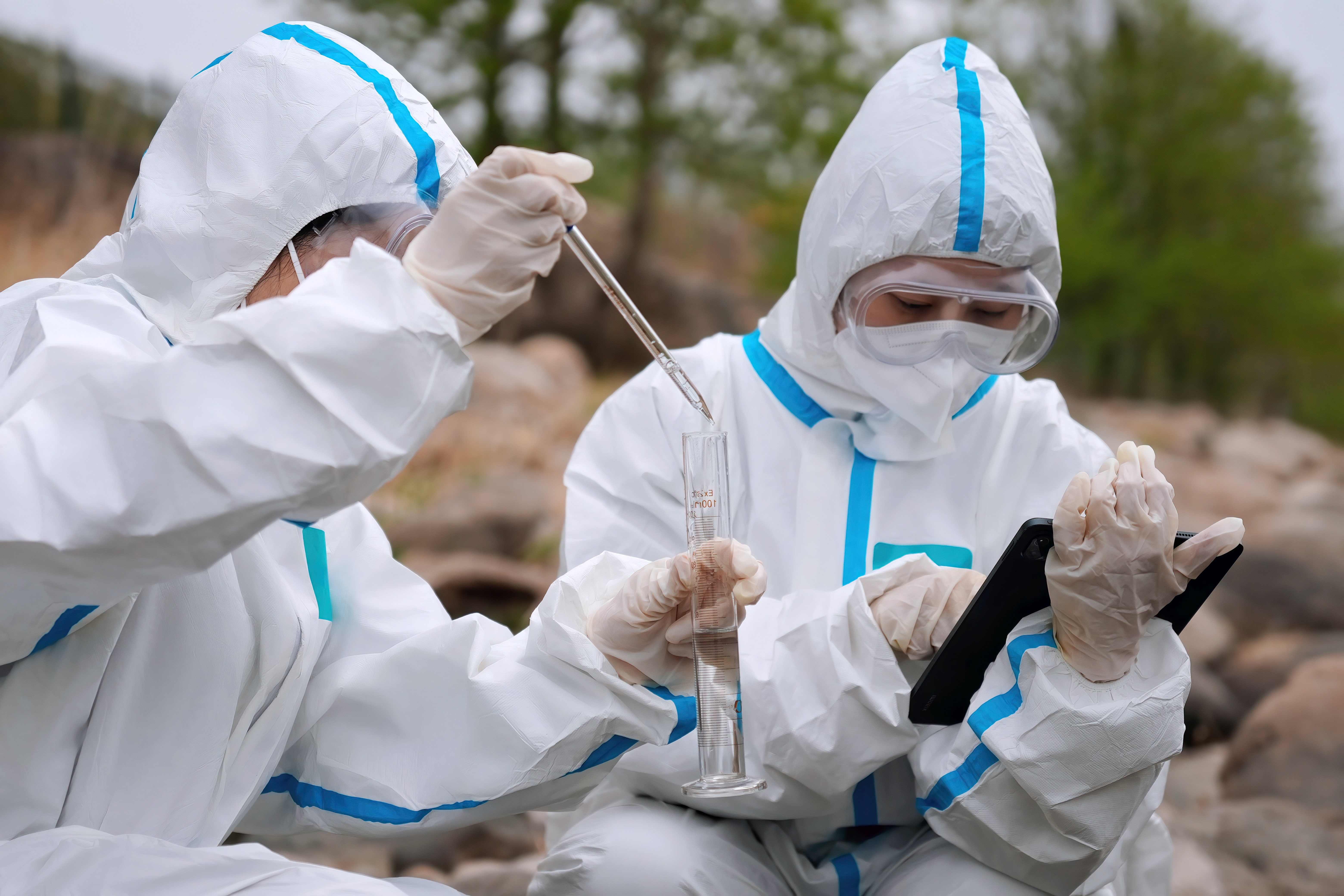
© 4045 via Shutterstock
In order to restore that, we have to try our best to be less biased and try our best to be less political and just relay what it is that we're discovering. Science doesn't work because any one of us can do that – we cannot do that. Science is a collective enterprise where we are incentivized and rewarded for showing one another that other people are wrong. Creating the space for dangerous ideas, creating the space for people to argue with one another without concerns around the political implications of that, is absolutely essential to restoring trust in the scientific process and restoring trust in scientists.
Innovation is collective
The biggest misconception about innovation is that it relies on that genius innovator. It is, in fact, a collective enterprise that is the product of collective people sharing ideas, coming into conflict, arguing with one another and eventually arriving at the truth.
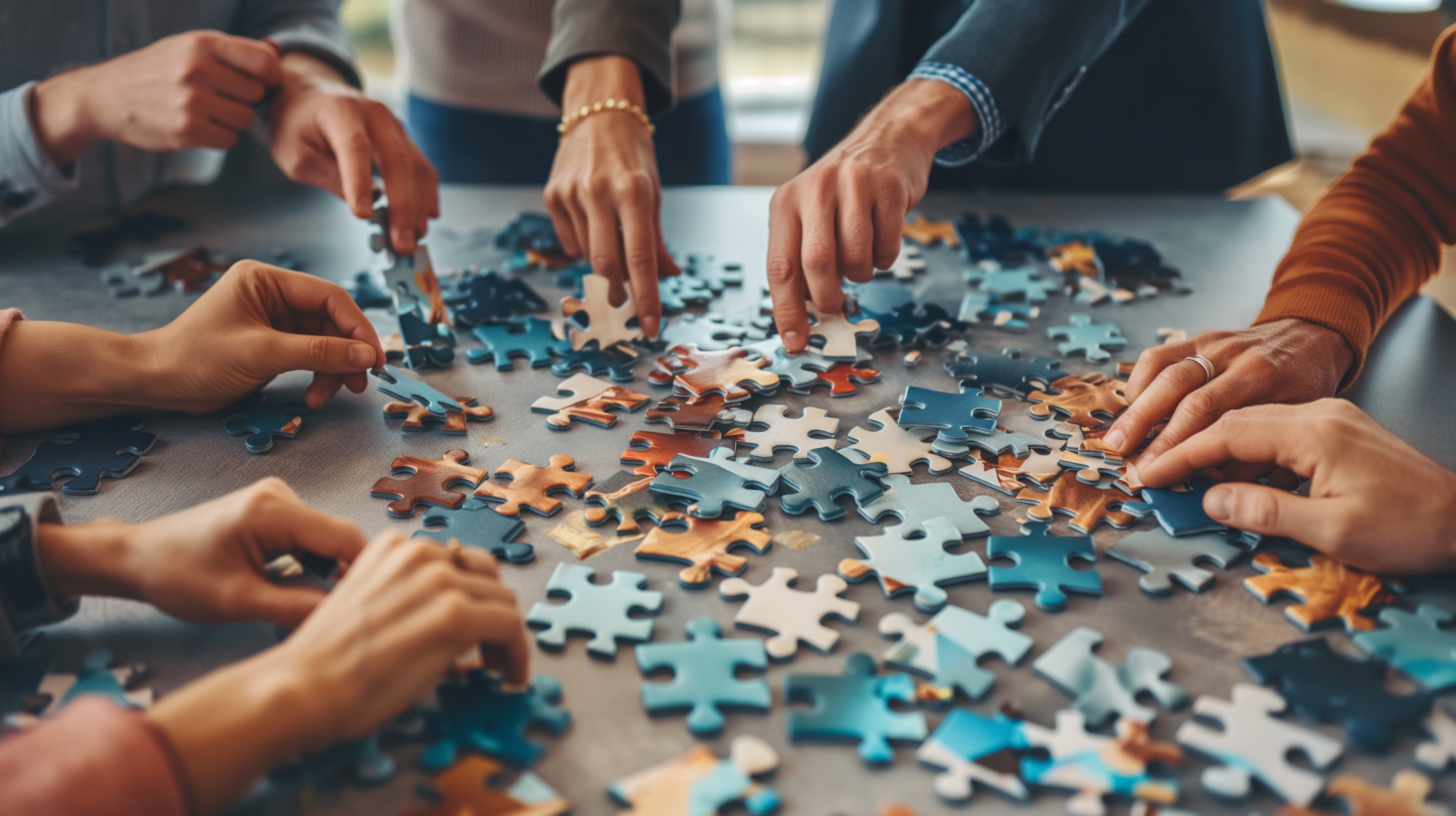
© Neuiiza via Shutterstock
We don't move forward in science because any particular scientist goes, ‘Hey, I'm totally wrong about this. Now I realise the truth: it's this. It's not hypothesis A, it's hypothesis B.’ Instead, it's because they've been fighting for hypothesis A their whole lives, and someone else comes along and provides stronger evidence for hypothesis B, and that scientist might not change their mind, but the next generation of scientists evaluate with a common basis for evaluating that evidence. Actually, it is hypothesis B, and hypothesis B persists through the ages. Innovation is not about the innovator. It's about the collective brain.
Editor’s note: This article has been faithfully transcribed from the original interview filmed with the author, and carefully edited and proofread. Edit date: 2025
Discover more about
a theory of everyone
Muthukrishna, M. (2023). A theory of everyone: Who we are, how we got here and where we’re going. Basic Books UK.
Muthukrishna, M., & Henrich, J. (2016). Innovation in the collective brain. Philosophical Transactions of the Royal Society B, 371(1690), 20150192.
Muthukrishna, M., Doebeli, M., Chudek, M., et al. (2018). The cultural brain hypothesis: How culture drives brain expansion, sociality and life history. PLOS Computational Biology, 14(11), e1006504
Chudek, M., Muthukrishna, M., & Henrich, J. (2015). Cultural evolution. In D. M. Buss (Ed.), The handbook of evolutionary psychology: Integrations (2nd ed., pp. 749–770). Wiley